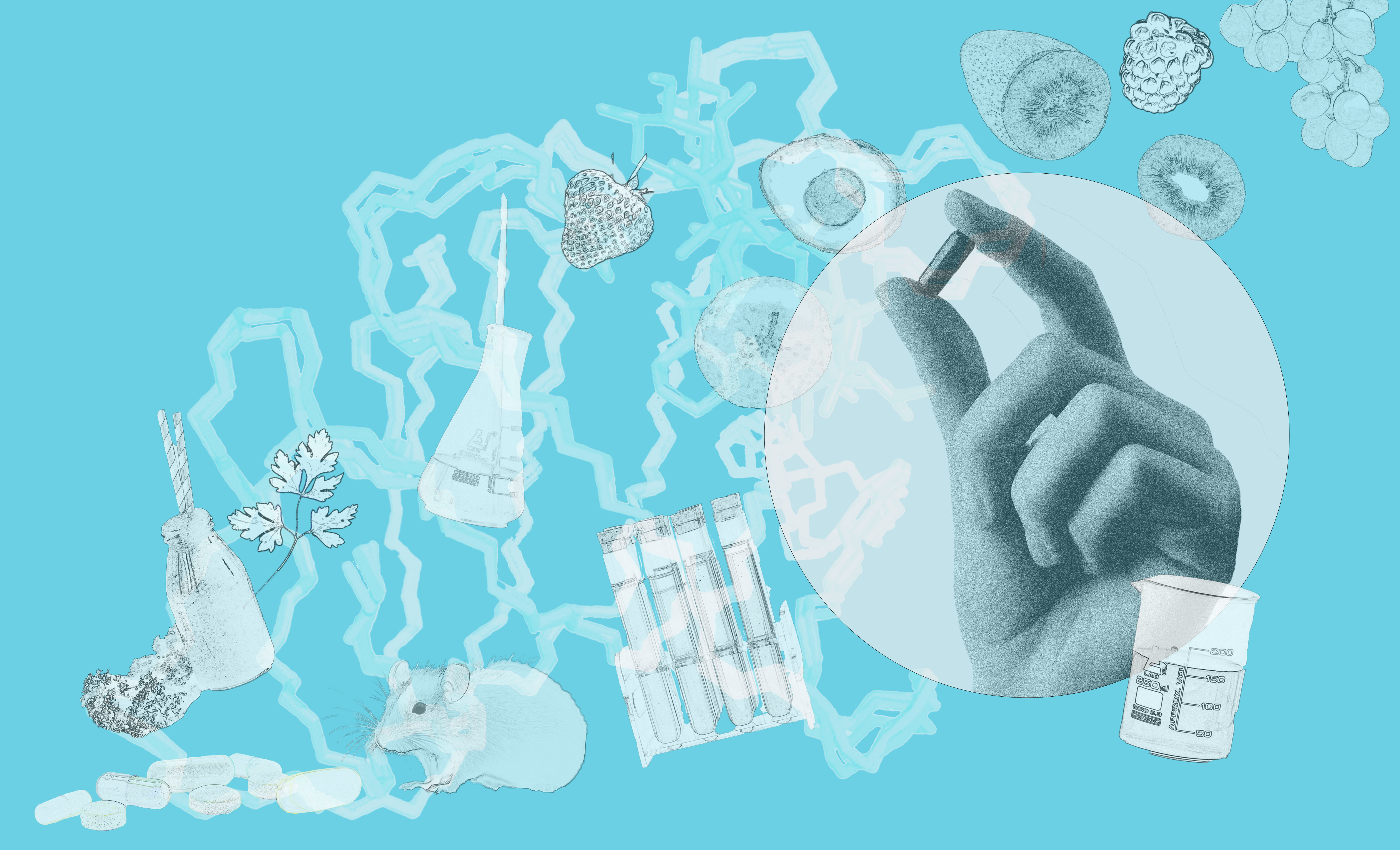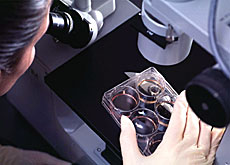Government urges support for stem-cell research

Two days after taking a pounding at the ballot box, the government has backed another controversial change to the law – allowing research on stem cells from surplus human embryos.
The issue, which goes to a nationwide vote on November 28, is being opposed by anti-abortion groups and the Greens.
The new law, which has been approved by parliament, would allow fertilised eggs left over from in-vitro fertilisation to be used for research purposes, but only under strict conditions.
If approved at the ballot box, the legislation would also bring Switzerland into line with other European countries such as France, Denmark and Finland.
Launching the government’s campaign on Tuesday, Interior Minister Pascal Couchepin said stem-cell research offered hope for incurable illnesses such as Parkinson’s, paraplegia, diabetes and heart disease.
Mission to inform
Couchepin stressed the need to ensure that the public was properly informed about the medical, biological and ethical issues at stake.
In the wake of Sunday’s rejection of proposals to ease citizenship restrictions for young foreigners, the government has been criticised for failing to get its message across.
Couchepin added that the new legislation would not be a blank cheque for scientists, saying safeguards would be put in place to prevent abuse.
Human cloning would remain outlawed, as would the production of embryos for research purposes.
Written permission from parents would be needed to release leftover embryos, and only embryos up to seven days old could be used.
Embryos destroyed
Couchepin revealed that around 200 embryos created for artificial insemination were destroyed in Switzerland every year.
“It is ethically acceptable to take cells from these surplus embryos which are destined to die,” he said.
The interior minister rejected the arguments of opponents who claim adult stem cells are sufficient for research purposes.
He said stem cells from embryos could be reproduced almost ad infinitum in the laboratory and showed practically no signs of ageing.
“Nobody can guarantee the success of this research, but that is not a good enough reason to do without it,” he said.
Safeguards
Other safeguards contained in the legislation stipulate that scientists would have to show that using embryonic cells was the only option available to them.
They would also need authorisation from the Federal Health Office and the Swiss Ethics Commission.
Trade in embryos and stem cells would be banned, and any breaches of the law would carry sentences of up to five years in prison and a fine of up to SFr500,000 ($400,000).
The law is being challenged in a nationwide vote after anti-abortion groups collected 90,000 signatures – almost double the number required to force a referendum.
swissinfo with agencies
The legislation would allow the production of stem cells from surplus embryos which are up to seven days old.
It would not permit research on embryos themselves.
Therapeutic cloning would be banned.
The consent of the couple whose fertilised egg cells were being used would be needed before stem cells from a surplus embryo could be used.

In compliance with the JTI standards
More: SWI swissinfo.ch certified by the Journalism Trust Initiative










You can find an overview of ongoing debates with our journalists here . Please join us!
If you want to start a conversation about a topic raised in this article or want to report factual errors, email us at english@swissinfo.ch.